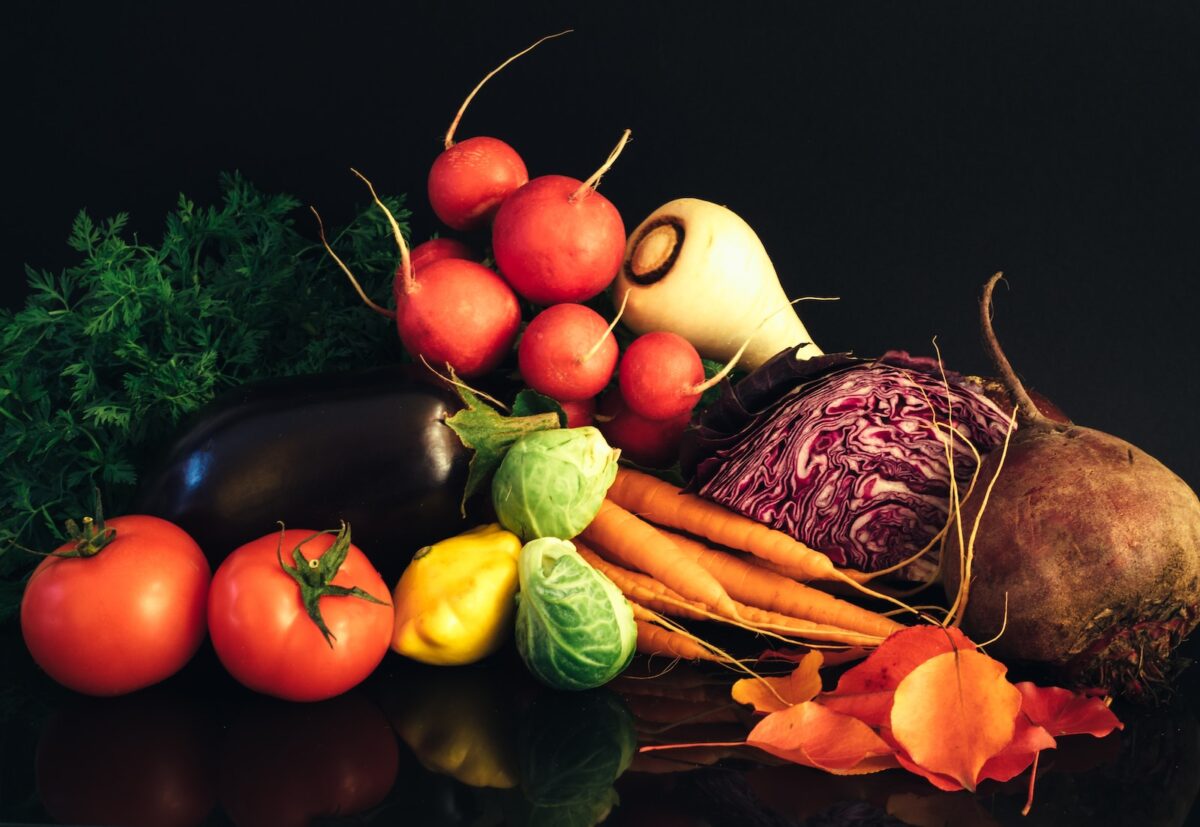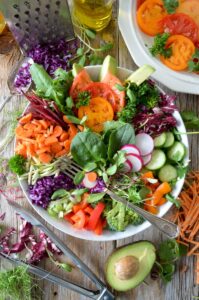Choosing to get fit by committing to regular exercise is a great first step. But, without sound dietary advice, it can be impossible for you to achieve your goals. The appropriate kind of nutrition is necessary for tough workouts, and that fuel is found in the meals and beverages you consume. A recent analysis of
90,000 individuals, researchers discovered that severely processed and refined meals accounted for about 57.9% of participants’ daily caloric intake. These “convenient foods” can be found on the shelves of your neighborhood supermarket: canned soups, frozen meals, side dish boxes, drinks and snack foods, etc.
Nutritionists refer to these foods as being “minimally” processed, yet only only 29.6% of the study’s participants consumed them. Our forefathers would have recognized the following items as food: fruit off the tree, pulled-out vegetables actual meat from the plant, poultry, seafood, and eggs. Get serious about your nutrition if you’re serious about personal weight training and fitness. Your body is shaped by the meals you eat as well as the exercises you perform. The macronutrients in your diet—protein, carbs, and fats—give you the energy you need to go through your workout and develop stronger muscles.
1. Every cell in your body is nourished by the vitamins, minerals, antioxidants, and fiber included in real, nourishing foods, which gives your body the optimum fuel for exercise. Imagine your body like an automobile. Even if you put the cheapest gas in a high-end sports vehicle, it would still run, but over time, the impurities in the fuel may cause the engine to seize.
Keep a food diary: A food diary can help you track not just what you eat, but also how much, when and where you ate it. Spend just one day writing down what and how much you eat, and how you feel after. No cheating! Add up the calorie total the next day. You may be surprised by how many calories you consumed.Many free online trackers and apps tally protein, carbohydrate and fat intake, as well as how well you meet the RDA for many important vitamins and minerals. It’s important to track not just your food, but when you ate it, as well. Some people also track their mood and who they were with to see if emotional eating patterns are spurring them to eat more calories than they should.
2. Calculate calories: Most diet plans focus on how many calories to eat each day, such as 1,500 or 2,000 calories for moderately active people. There are many free apps and sites that calculate how many calories you should eat for your activity level, how much to eat to maintain weight and how many to eat to lose weight.
Calculator.net, for example, provides you with BMI calculators, calorie calculators and more. You can use this to find your basic nutrition and calorie needs. Comparing your food diary response to the calculator response can be an eye-opener. Another great resource for keeping track of your caloric intake is MyfitnessPal. This free app can be downloaded onto your smartphone or tablet, giving you access to the world’s largest nutrition and calorie database that includes over 5 million different foods. It provides a simple and quick way to track the calories in the food you eat on the go!
3. Weigh and measure your food: Measuring is a pain at first, but you’ll get used to it fast. It will also make you keenly aware of what foods fill you up and what foods just aren’t worth the calories. Knowing this will help you make better dietary choices. Consider investing in a food scale — a small scale that measures ounces and grams of food.A simple set of measuring cups and spoons can also help you keep track of food portions. One easy way to set your portions is to use a measuring cup to measure a set portion into your favorite cup or bowl. You’ll be able to see exactly how much fits into your favorite bowl, and know what one cup, a half cup and so on actually looks like.
4. Eat the right food: What are the right foods? Minimally processed foods are the best for sports and weight lifting nutrition. Lean protein, complex carbs and fiber are your best friends, especially if you’re trying to lose weight. Your body needs lean protein such as turkey, nonfat Greek yogurt, fish and egg whites to build muscle and stay full. Complex carbs, such as green leafy vegetables, give you energy to burn and fiber fills you up and keeps your digestive system and hormones in alignment.Fats should be healthy, mono-saturated fats, such as olive oil, or from






